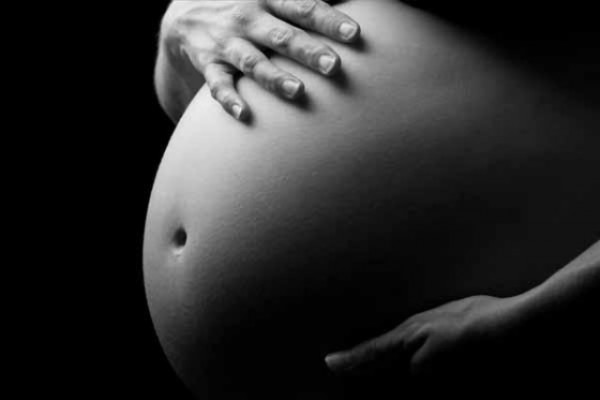C-section Delivery Increases Risk of Stillbirth in Future Pregnancies: Study

The risk of stillbirth and ectopic pregnancy are slightly higher in women who had a C-section in their first pregnancy, warns a study.
Stillbirth or fetal death occurs 20 weeks after conception due to a number of reasons. In ectopic pregnancy, the fertilized egg implants itself in the fallopian tubes - also called tubal pregnancy - or attaches to other parts of the uterus. These conditions cause serious complications to mothers' health and mostly results in the death of the fetus. Recently, Danish researchers looked at the birth records of 833,000 first-time mothers and found that delivering baby by cesarean section increases the chances of having stillbirth in their next pregnancy, reports the Health Day News.
Their risk rate for ectopic pregnancy was 9 percent higher as compared to women who had vaginal delivery in their first pregnancy. This accounts for 0.1 percent increase risk or one extra episode of ectopic pregnancy for every 1,000 cesarean deliveries.
However, the study found birthing procedure does not elevate the possibility of having a miscarriage in future pregnancies, said the authors from the University College Cork in Ireland and Aarhus University in Denmark. Miscarriage is an immediate loss of fetus that typically occurs before 20 weeks of pregnancy.
"The findings of the current study are particularly important for expectant mothers as well as health care professionals as cesarean section rates are increasing significantly worldwide," said Louise Kenny, study author and researcher from the University College Cork, reports the Health Day New.
Technological advancement and development in surgical practices make C-sections safe in the present times. Yet, they are not devoid of the negative health outcomes like infections, blood clots, too much bleeding and inflammation of endometrium of the uterus. According to the Mayo Clinic, women who had C-sections are more than twice as likely to get hospitalized for complications within a month after giving birth. Past researches also state that C-sections affect later pregnancies by causing problems such as infections in the placenta and uterine rupture.
Even though the study establishes a significant link between C-section and complications in next pregnancy, it does not prove a cause-and-effect relation.
More information is available online in the journal PLOS Medicine.
Jul 05, 2014 07:02 AM EDT




